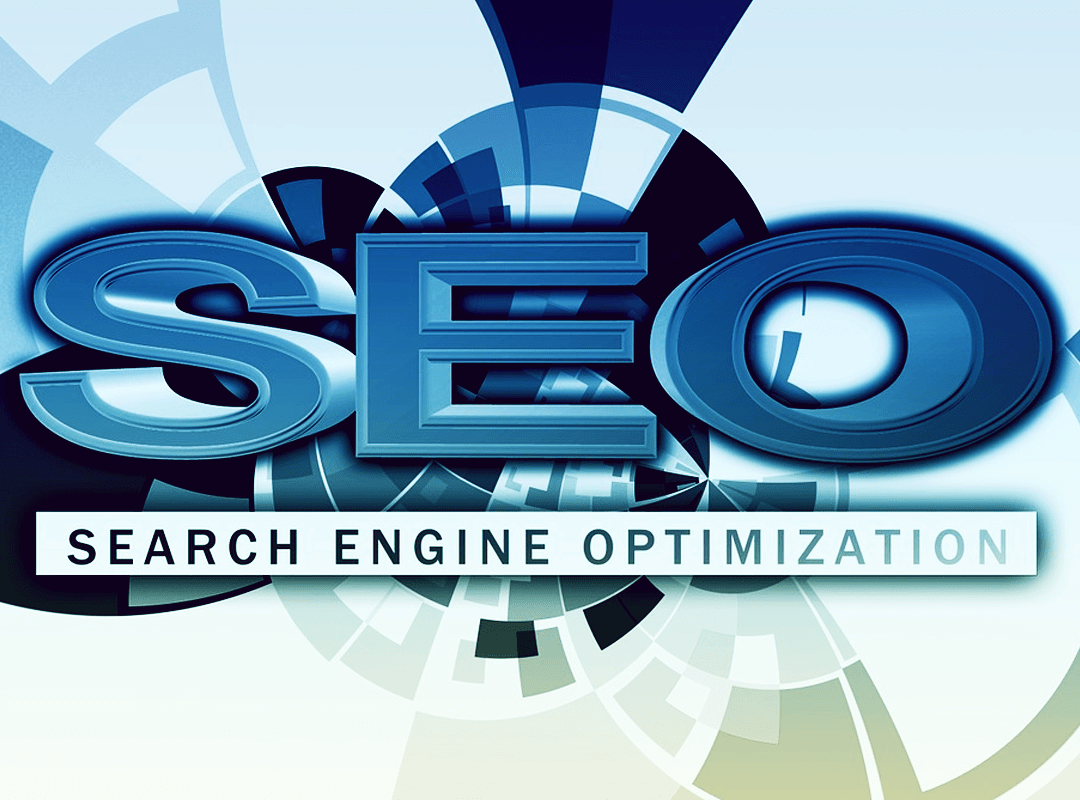Search engine optimisation is getting more and more difficult day by day. This is because there is now a lot of content which is competing to get to the first page of the SERPs. With this, comes the problem of getting high rankings and making search listings stand out. This blog highlights how you can leverage semantic search for higher rankings.
When a user performs a search query, semantic search aims to improve the accuracy of search results. It determines the intent of the keywords being used in the query. The search is based on context, intent, and concept of the searched phrase. It does this using natural language elements as part of the search. It aims at delivering better and more personalized results.
Semantic search engine optimisation is thus one of the advanced techniques to get high rankings on search engines. Also, make sure that you’re well-aware of these common yet important On Page SEO techniques that play a major role in ranking your site higher.
Semantic search for higher rankings: How semantic search works?
When a user performs a search query with the single keyword, Google might not be clear about what the user is looking for. For example, when a user searches for ‘ice’, Google comes up with multiple options ranging from ice cream to Iceland. With a lack of context, a user is provided with multiple options. But when a user refines the search by typing ‘Iceland’, Google will provide a number of results related to the nation.
So, with a bit more context, the search engine returns with more relevant results. Now, it understands that the user is searching for information about ‘Iceland’.
Semantic search for higher rankings: Search entities
In semantic search, search engines take help of search entities. The purpose is to identify the kind of information that must be displayed to the users. To establish the context of a query; a user’s search history, location, global search history, etc. are taken into account.
Search engines consider the results to be similar when there are differences in spelling, word order, or there is use of abbreviation or synonyms. It’s good to keep all these points in mind while building keywords’ list for your website SEO.
Impact on SEO
Understanding semantic search for the purpose of Search Engine Optimisation is important. Search engines aim to return with relevant results for users. To aid search engines in semantic search, website owners must do semantic markup of content. By understanding the topics and keywords associated with particular search entities, website owners can leverage semantic search for higher rankings.
In simple terms, you should know what keywords would be best-suited & how to incorporate those keywords in your content. As a result, you will be leveraging the semantic search for higher SERPs.
Following are the guides that will help you for the same:
- CHOOSING THE RIGHT KEYWORDS IN CONTENT WRITING- AN INTEGRAL PART OF SEO STRATEGY
- HOW SHOULD KEYWORDS BE INCORPORATED IN GOOD BLOGS
It finally becomes easy to understand the content by both searchers and the search engines.
Strategies to do semantic search engine optimisation (SEO)
- Create context: While creating new content, present information and data in such a way that it is easy for users to find and understand. Make sure that the content provides value and answers customer’s questions. If you do this, you are already on the way to optimise for semantic search. Here are THE BEST CONTENT WRITING TIPS FOR A PROFESSIONAL WRITER to make your content helpful to its end user.
- Co-occurrence: Specific terms are accompanied by words which help to contextualize the content. For example an article about ‘backlinks’ would have words like ‘link building’, ‘SEO’, ‘off page search engine optimisation’, etc.
- Use of synonyms: It is also essential to not repeat the keyword again and again. It is one of 8 WORST SEO PARCTICES TO AVOID AT ALL COSTS. Instead, use synonyms and variations of the keywords. It helps to build a richer context for search engines.
- Used structured data: The use of structured data markup adds clarity for the search engines. It allows them to easily pass content and understand it better. It is important to implement structured data which is relevant to your website.
- Internal linking: Internal linking is a great way to establish context. It helps bots to understand relationship between different content on your website. It also enhances user experience by linking them to more relevant information. Leveraging internal links is one of the most beneficial technical seo tactics to improve website traffic.
In brief, semantic search offers value and builds relevancy. It also makes sure that the content stands out from other similar content. You can leverage semantic search for higher rankings by providing value, answering customers questions, implementing structured data, and using synonyms of keywords.










